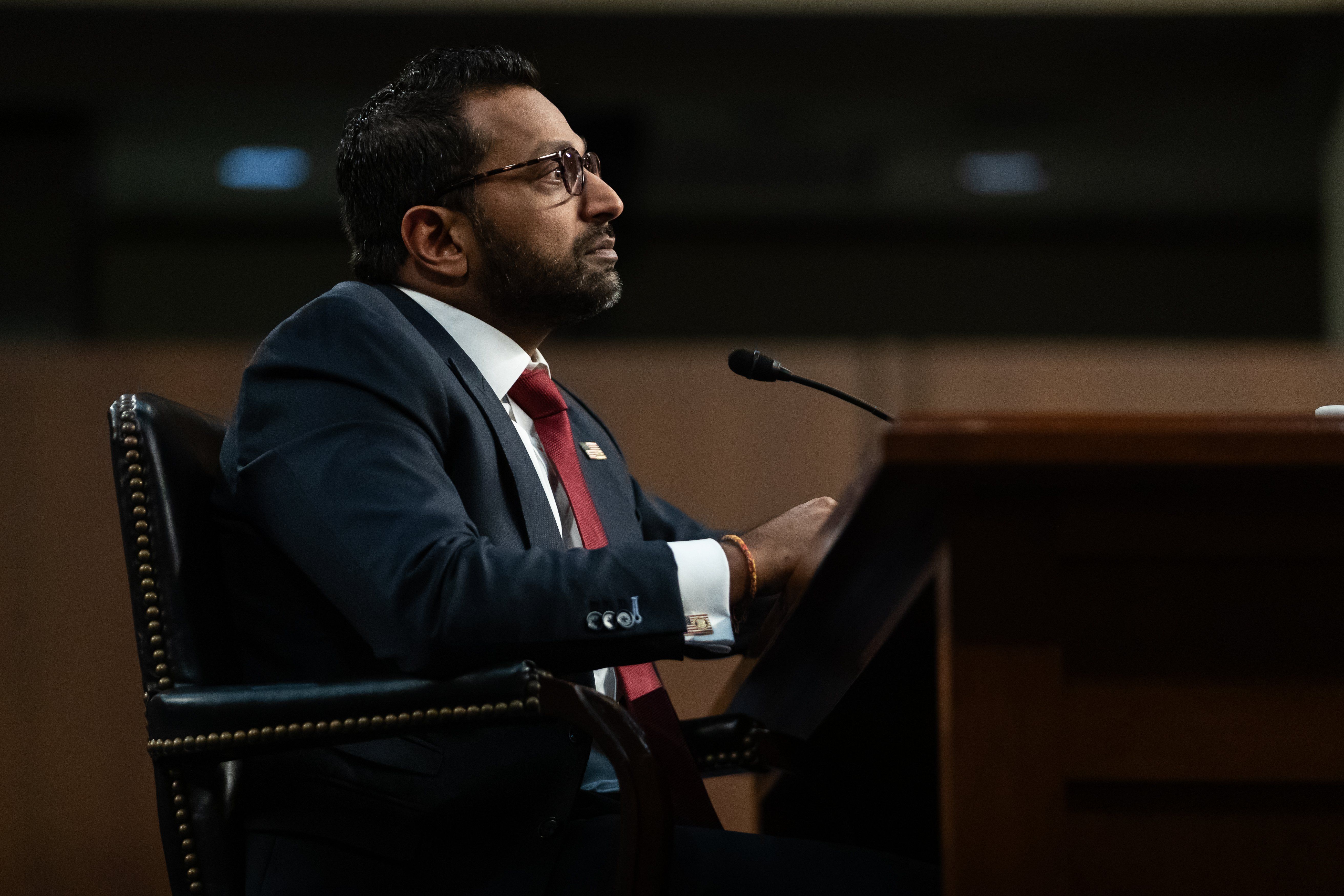Kash Patel faced intense questioning on Thursday during his Senate confirmation hearing for FBI director and attempted to distance himself from past controversial statements and to address concerns about how he would run the powerful law enforcement agency. Democratic senators’ biggest concern was that Patel could be overly loyal to the president, breaking the tradition of selecting nonpartisan FBI directors.
The hearing highlighted a mess of partisan divisions. Republican Chairman Charles Grassley portrayed the FBI as an agency “in crisis” due to politicization, while Democrats, led by Richard Durbin, criticized Patel’s lack of law enforcement experience and worried that he could provide Trump with direct access to the bureau, removing traditional safeguards against White House interference.
During the hearing, Patel denied that an appendix in his book “Government Gangsters” was an enemies list and claimed he appeared on podcasts with conspiracy theorists to debunk their views. He also broke with the president by expressing disagreement with Trump’s grants of clemency for violent Jan. 6 rioters.
Democrats have signaled they won’t support the nomination, but Patel is likely to receive enough Republican votes.
“He’s gonna get confirmed,” says Eurasia Group US Director Clayton Allen. “Senate Republicans don’t have the political capital to block him.” And the little power they have to stand up to Trump they are likely saving to block the confirmation of Trump’s pick for head of national intelligence, Tulsi Gabbard.
